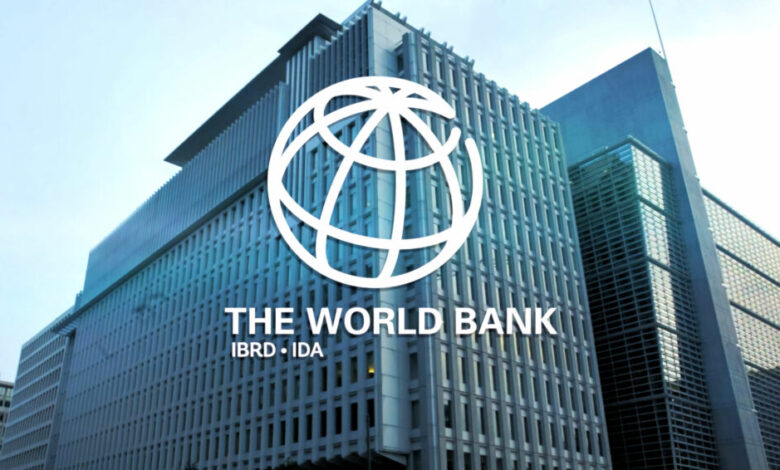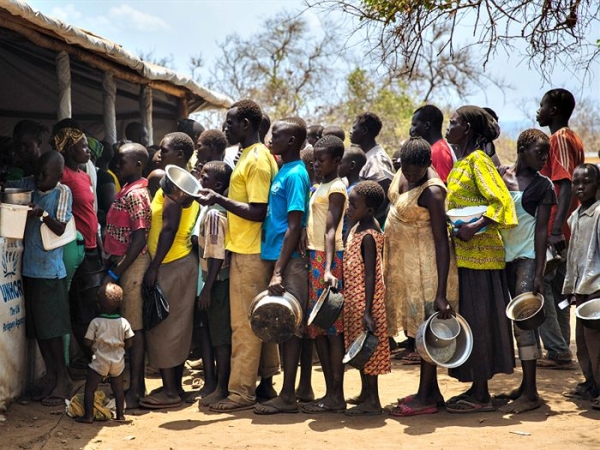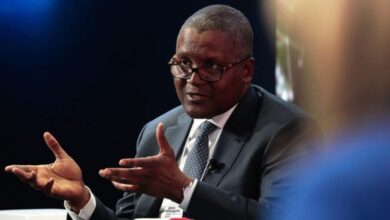World Bank projects rise in poverty for Nigerians by 2027

On Thursday, the World Bank projected that poverty in Nigeria will rise by 3.6 percentage points over the next five years, continuing through 2027.
This forecast was detailed in the Bank’s Africa Pulse report, released during the ongoing Spring Meetings of the International Monetary Fund (IMF) and the World Bank in Washington, DC.

The report presents a concerning outlook for poverty alleviation in Nigeria, noting that despite some recent economic improvements, particularly in the non-oil sector in the final quarter of 2024, persistent structural challenges tied to resource dependency and national fragility are expected to impede meaningful progress.
ALSO READ: World Bank appoints Dangote to elite group
According to the World Bank, Nigeria and other resource-dependent and fragile countries in Sub-Saharan Africa are likely to see worsening poverty levels, in contrast to non-resource-rich nations in the region, which are projected to achieve more rapid reductions in poverty.
Poverty in resource-rich, fragile countries—including large economies like Nigeria and the Democratic Republic of Congo—is projected to increase by 3.6 percentage points between 2022 and 2027, the report stated.
The report highlights that Sub-Saharan Africa remains the region with the highest rate of extreme poverty worldwide, with an overwhelming share of the global poor. In 2024, 80% of the world’s 695 million people living in extreme poverty resided in Sub-Saharan Africa.
It also notes that within the region, half of the 560 million extremely poor individuals were concentrated in just four countries.
- FOLLOW US ON INSTAGRAM: Get the most important news on your social media feed
- FOLLOW US ON FACEBOOK: Get the most important news on your social media feed
- FOLLOW US ON X: Get the most important news on your social media feed
Previously, the World Bank noted that the expanded panel brings together accomplished business leaders with a strong track record of fostering employment in developing economies, aligning with the institution’s renewed emphasis on job creation as a cornerstone of global development.
World Bank Group President Ajay Banga said;
With the expanded membership, we are mainstreaming this work across our operations and tying it directly to the jobs agenda that is driving our strategy.
This isn’t about altruism, it’s about helping the private sector see a path to investments that will deliver returns and lift people and economies alike. It’s central to our mandate.
In 2023, Mark Carney, former Governor of the Bank of England and current UN Special Envoy on Climate Action and Finance, co-chaired the Private Sector Investment Lab, which aimed to mobilize £1 trillion in sustainable investment to advance the energy transition in emerging markets.
READ MORE: DIASPORA LENS




